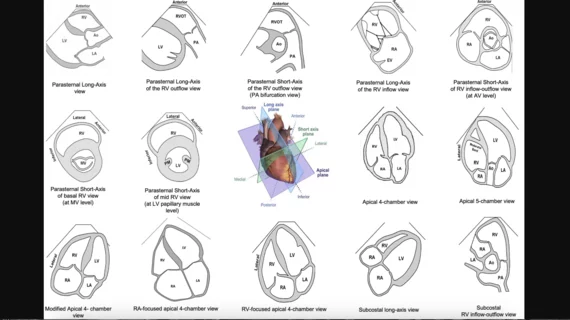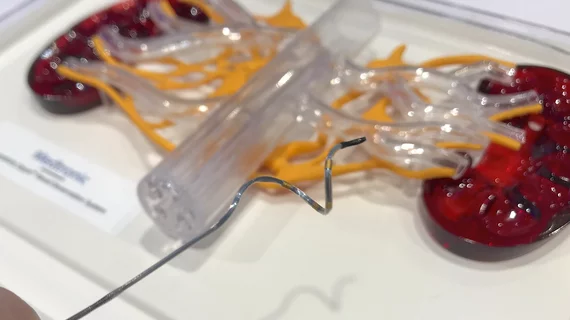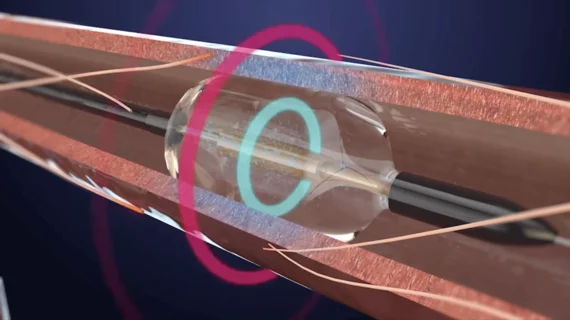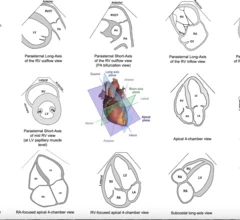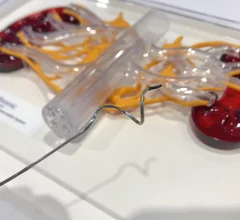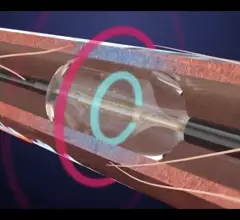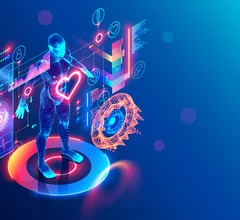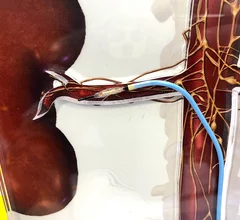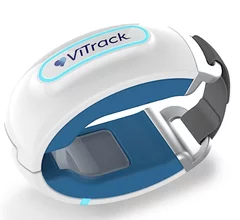Hypertension
High blood pressure increases a patient's risk of heart attack, stroke and other diseases. Most people with hypertension have no symptoms. The Centers for Disease Control and Prevention (CDC) says nearly half of U.S. adults have hypertension, or high blood pressure, and only about 1 in 4 of those individuals has their hypertension under control. The World Health Organization (WHO) expects the epidemic of hypertension world-wide will exceed 1.56 billion people by 2025. Major efforts are underway to better control this primary risk factor through screenings, medication and invasive procedures such as renal denervation in severely uncontrolled patients.
